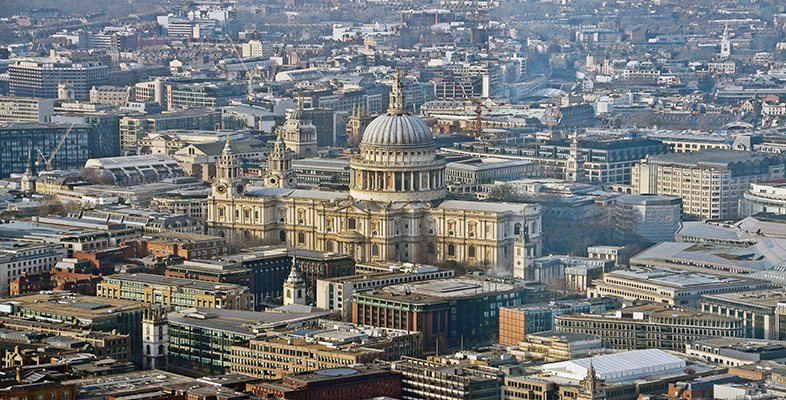House of Commons
The individuals in the House of Commons who participate in parliamentary debate are referred to as members of the House of Commons, otherwise known as Members of Parliament (MPs). The House of Commons is considered to be the most important chamber of the Westminster Parliament as members of this chamber have been elected by their constituents in a general election, which usually takes place every five years. Each MP represents a specific constituency when attending the House of Commons. Each MP is either a member of a political party, such as the Conservative party, Labour party, Liberal Democrats or one of the smaller parties. Alternatively, an MP does not have to be a member of a party and can be an independent MP. Each party or independent MP will have a (distinctive) position on political issues, which is reflected in their party manifesto. It is the manifesto which outlines the purpose and objectives of the political party, and the proposed changes they will bring about through new legislation if they are elected. It is the party with the majority of seats (MPs) which goes on to form a government. However, if a general election does not provide a political party with a large enough majority of MPs to form a government, two political parties may join together to form a government. It is the government who decides the policies of the UK and how these policies should be implemented through the introduction of new laws, or by amending existing legislation. It is these policies which become draft legislation, which will eventually be presented to the House of Commons and the House of Lords.
Members of the House of Commons are allowed to put forward questions to government ministers in the House of Commons during a session referred to as ‘question time’. The question time session usually takes place during the first hour of business in the House of Commons each day. The government is obliged to respond to these questions and the answers are published in a transcript known as Hansard, which is an official record of what is said in Parliament.
Take a tour of the House of Commons by listening to this audio recording, which is accompanied by a selection of pictures.
